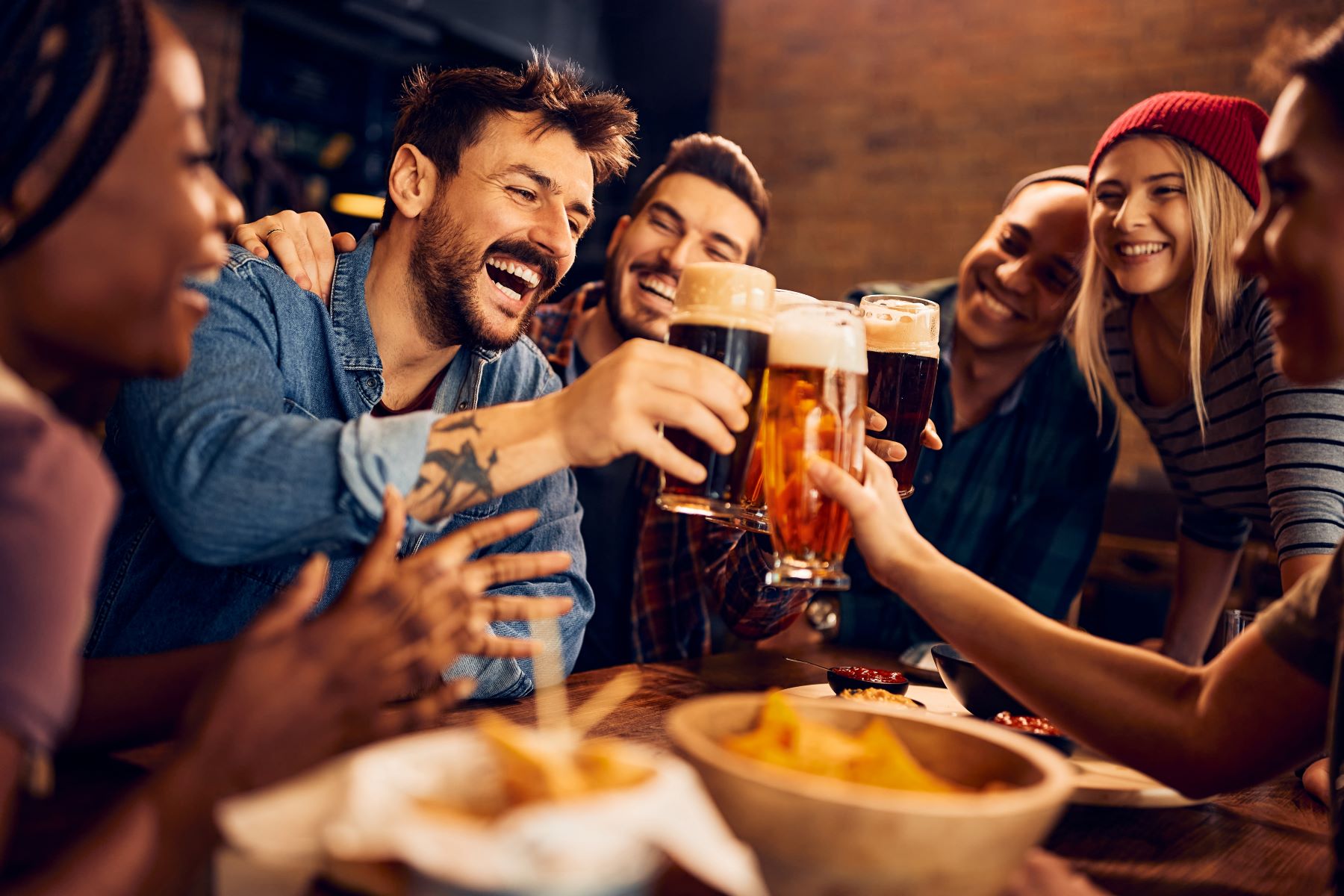
It would be no surprise to learn that alcohol consumption can impair the ability of eyewitnesses to accurately recall a suspect's facial features.
However, a new study co-authored by an academic from the University of Winchester hopes to bring into focus some of the blurry facts about alcohol and memory.
Dr Sarah Bayless, Senior Lecturer in Psychology at Winchester, has collaborated with her counterparts from the University of Portsmouth on the project, recently published in the journal Memory.
Thirty-eight participants, all with normal or corrected to normal vision, consumed either alcoholic or non-alcoholic drinks before viewing videos of unfamiliar female faces. The following day, they were asked to describe those faces from memory
The study highlighted the phenomenon known as ‘alcohol myopia’ in which drinkers have a more narrowed focus attention. When describing faces from memory, the tests showed intoxicated participants were still able to remember details of hair colour and style but were worse than sober counterparts at recalling internal face features, such as eye-colour.

Lead author Dr Alistair Harvey, a Visiting Researcher at the Portsmouth’s Department of Psychology, said: “Given that many crimes occur in bars and nightclubs where witnesses may have been drinking, these findings have important implications for law enforcement.
“Getting accurate perpetrator descriptions from witnesses is crucial for locating and identifying suspects – especially during line-ups.”
Dr Bayless said: “The study underscores the importance of gathering multiple witness accounts and using additional evidence, such as CCTV footage, when investigating crimes.
“Given that intoxicated individuals are frequently present at crime scenes – whether as victims, witnesses, or perpetrators – understanding the effects of alcohol on memory is critical."

Dr Sarah Bayless, Senior Lecturer in Psychology at Winchester
However, Dr Bayless stressed that witnesses who have had a drink should not be regarded as completely unreliable. “People who are intoxicated may remember fewer details of events but those they do remember are often still quite accurate,” she said.
“This is important for the police to take into account when interviewing witnesses.”
This new research builds on previous work carried at Portsmouth and at the University of Winchester’s ‘Bar Lab’ overseen by Dr Debbie Crossland.
Data from ongoing studies conducted at the bar lab, one of only a few in the UK, are feeding into lectures for students on BSc Forensic Investigative Psychology and MSc Forensic Psychology.
Back to media centre